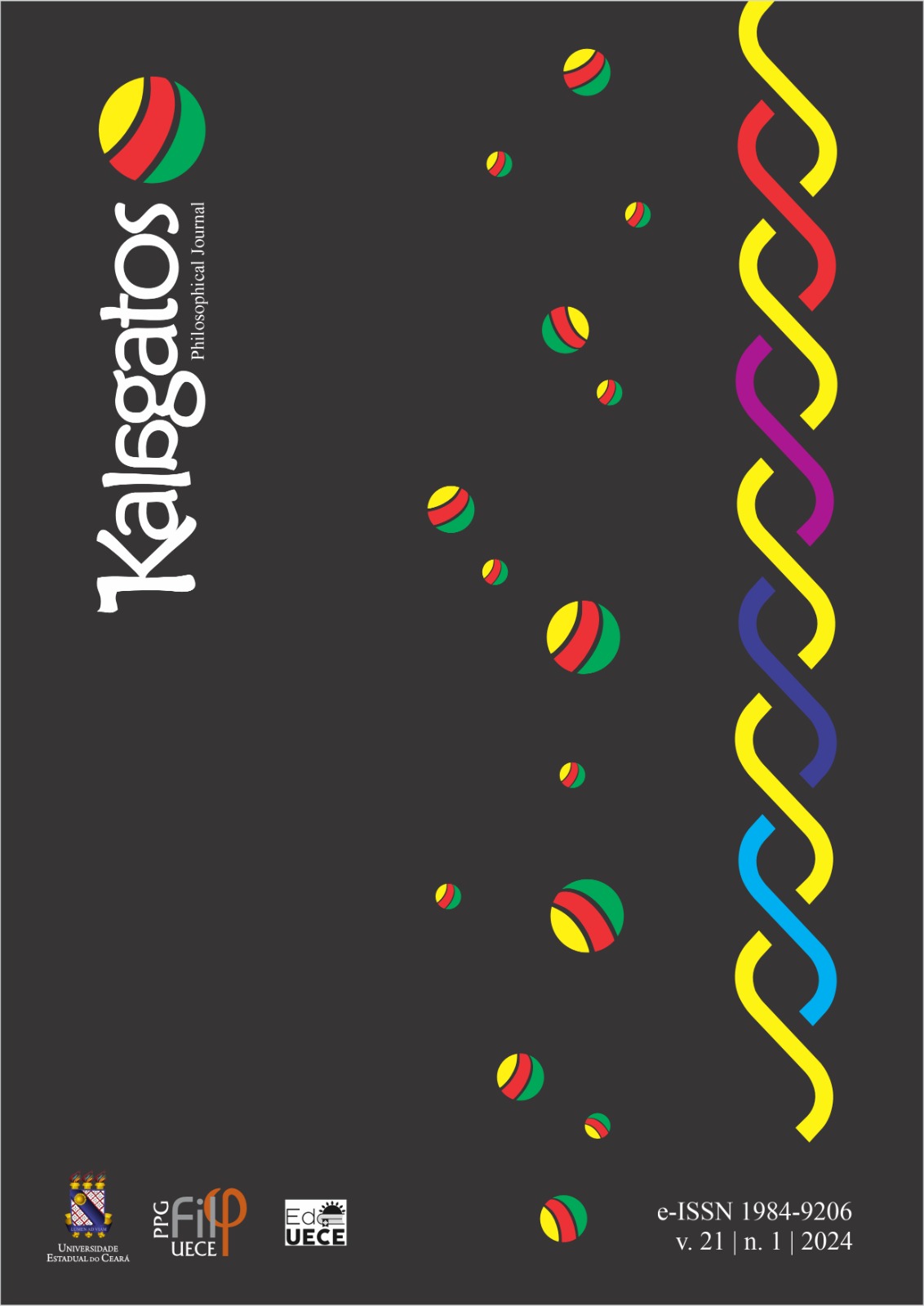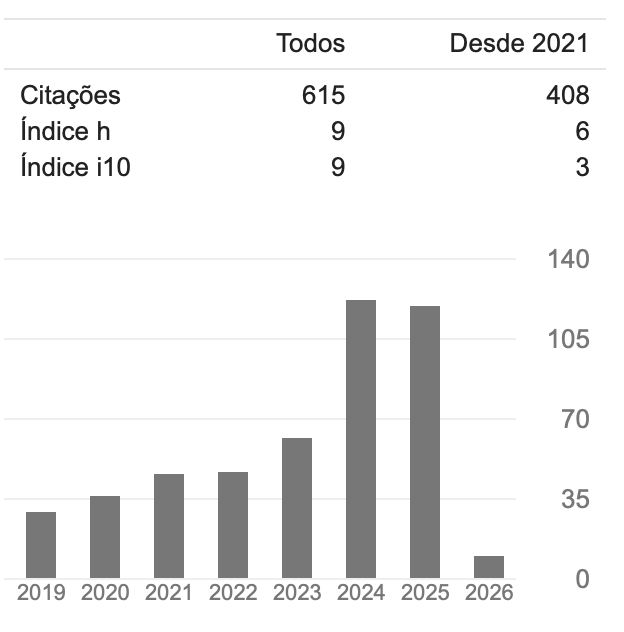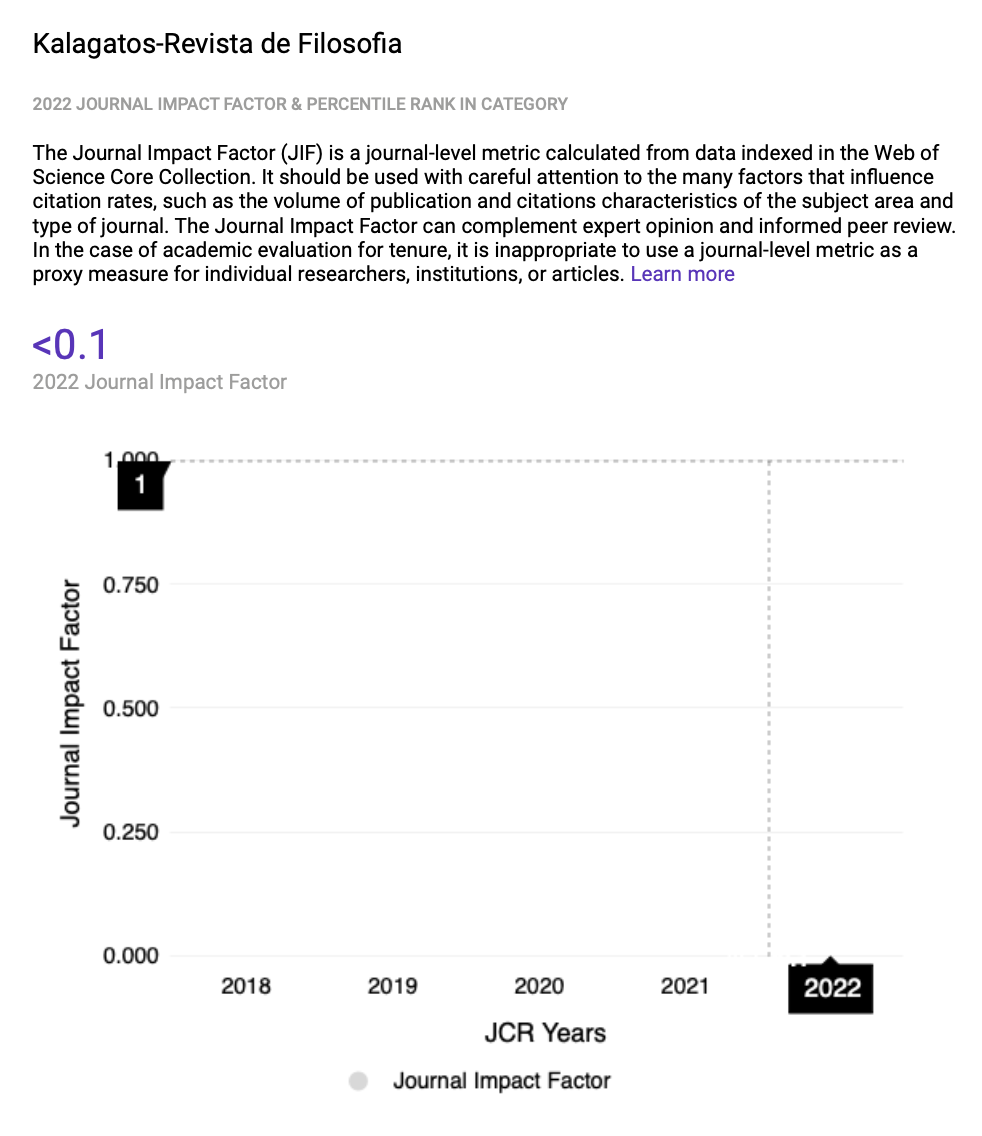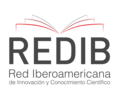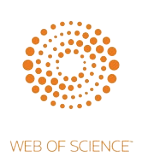The Role of Language in the Development of Social Consciousness in Karl Marx’s Philosophy
Palavras-chave:
language, social consciousness, philosophy, consciousnessResumo
The issue of social consciousness is an important content of Karl Marx's philosophy. Deeply understanding this issue is of great significance to the task of building a new social consciousness. On the basis of Karl Marx's philosophy, the role of language in the development of social consciousness is examined extensively. Marx not only considered language a tool of communication, but also a means of reflecting and influencing the relations of production and productive forces in society. Language not only reflects social conflicts but also forms ideology, affecting how people understand the world around them and themselves. In this work, we will focus on clarifying the above issues and suggesting future research directions.
Downloads
Referências
Alisaari, J., Heikkola, L. M., Commins, N., & Acquah, E. O. (2019). Monolingual ideologies confronting multilingual realities. Finnish teachers’ beliefs about linguistic diversity. Teaching and teacher education, 80, 48-58. https://doi.org/10.1016/j.tate.2019.01.003
Bietti, E. (2020, January). From ethics washing to ethics bashing: a view on tech ethics from within moral philosophy. In Proceedings of the 2020 conference on fairness, accountability, and transparency (pp. 210-219). https://doi.org/10.1145/3351095.3372860
Bilewicz, M., & Soral, W. (2020). Hate speech epidemic. The dynamic effects of derogatory language on intergroup relations and political radicalization. Political Psychology, 41, 3-33. https://doi.org/10.1111/pops.12670
Blommaert, J., & Dong, J. (2010). Language and movement in space. The handbook of language and globalization, 366-385. https://doi.org/10.1002/9781444324068
Bottema-Beutel, K., Kapp, S. K., Lester, J. N., Sasson, N. J., & Hand, B. N. (2021). Avoiding ableist language: Suggestions for autism researchers. Autism in adulthood, 3(1), 18-29. https://doi.org/10.1089/aut.2020.0014
Cardona, J. F., Kargieman, L., Sinay, V., Gershanik, O., Gelormini, C., Amoruso, L., ... & Ibáñez, A. (2014). How embodied is action language? Neurological evidence from motor diseases. Cognition, 131(2), 311-322. https://doi.org/10.1016/j.cognition.2014.02.001
Chomsky, N. (2006). Language and mind. Cambridge University Press.
Chomsky, J. (2021). Language and interpretation. Inference, explanation, and other frustrations: Essays in the philosophy of science, 14, 99.
Coeckelbergh, M. (2022). Using philosophy of language in philosophy of technology. In The Oxford Handbook of Philosophy of Technology (pp. 341-357). Oxford University Press.
Cushing, I. (2021). ‘Say it like the Queen’: the standard language ideology and language policy making in English primary schools. Language, Culture and Curriculum, 34(3), 321-336. https://doi.org/10.1080/07908318.2020.1840578
Desai, R. H., Herter, T., Riccardi, N., Rorden, C., & Fridriksson, J. (2015). Concepts within reach: Action performance predicts action language processing in stroke. Neuropsychologia, 71, 217-224. https://doi.org/10.1016/j.neuropsychologia.2015.04.006
Ford, D. R., & Chambers, C. L. (2022). Marx’s Pedagogies, the Party, and China: The Open Dialectic of Research and Presentation in Theory and Historical Praxis. Rethinking Marxism, 34(4), 496-518. https://doi.org/10.1080/08935696.2022.2139140
Forsberg, N. (2022). Unintentional investigations: Truth in drama and “all that ‘ordinary’in the phrase ‘ordinary language philosophy’means”. Policy Futures in Education, 20(3), 267-281.
https://doi.org/10.1177/14782103211031412
Goodman, B., & Tastanbek, S. (2021). Making the shift from a codeswitching to a translanguaging lens in English language teacher education. TESOL quarterly, 55(1), 29-53. https://doi.org/10.1002/tesq.571
Houben, J. (2022). The Saṃbandha-Samuddeśa (chapter on relation) and Bhartṛhari's Philosophy of Language (Vol. 2). Brill.
Joullié, J. E., Gould, A. M., Spillane, R., & Luc, S. (2021). The language of power and authority in leadership. The Leadership Quarterly, 32(4), 101491. https://doi.org/10.1016/j.leaqua.2020.101491
Keikhaee, A. (2020). Adorno, Marx, dialectic. Philosophy & Social Criticism, 46(7), 829-857. https://doi.org/10.1177/0191453719866234
McGuire, R. H. (2021). A relational Marxist critique of posthumanism in archaeology. Cambridge Archaeological Journal, 31(3), 495-501. https://doi.org/10.1017/S0959774321000184
Mercer, S. (2019). Language learner engagement: Setting the scene. Second handbook of English language teaching, 643-660. https://doi.org/10.1007/978-3-030-02899-2_40
Mühlebach, D. (2022). Non-ideal philosophy of language. Inquiry, 1-23. https://doi.org/10.1080/0020174X.2022.2074884
Murphy, E. K. (2019). Language and Power in an English Convent in Exile, c. 1621–c. 1631. The Historical Journal, 62(1), 101-125. https://doi.org/10.1017/S0018246X17000437
Oga-Baldwin, W. Q. (2019). Acting, thinking, feeling, making, collaborating: The engagement process in foreign language learning. System, 86, 102128. https://doi.org/10.1016/j.system.2019.102128
Qodriani, L. U., & Wijana, I. D. P. (2020, December). Language Change in ‘New-Normal’Classroom. In 4th International Conference on Language, Literature, Culture, and Education (ICOLLITE 2020) (pp. 385-389). Atlantis Press. https://doi.org/10.2991/assehr.k.201215.060
Reinholz, D. L., & Andrews, T. C. (2020). Change theory and theory of change: what’s the difference anyway? International Journal of STEM Education, 7(1), 1-12. https://doi.org/10.1186/s40594-020-0202-3
Schwartz, E., Tennenholtz, G., Tessler, C., & Mannor, S. (2019). Language is power: Representing states using natural language in reinforcement learning. arXiv preprint arXiv:1910.02789. https://doi.org/10.48550/arXiv.1910.02789
Seltzer, K. (2019). Performing ideologies: Fostering raciolinguistic literacies through role‐play in a high school English classroom. Journal of Adolescent & Adult Literacy, 63(2), 147-155. https://doi.org/10.1002/jaal.966
Shen, Q., & Gao, X. (2019). Multilingualism and policy making in Greater China: Ideological and implementational spaces. Language Policy, 18, 1-16. https://doi.org/10.1007/s10993-018-9473-7
Synnes, O., Romm, K. L., & Bondevik, H. (2021). The poetics of vulnerability: creative writing among young adults in treatment for psychosis in light of Ricoeur’s and Kristeva’s philosophy of language and subjectivity. Medicine, Health Care and Philosophy, 24, 173-187. https://doi.org/10.1007/s11019-020-09998-5
Szubka, T. (2021). Metaphilosophical metamorphoses of analytic philosophy of language. Semiotica, 2021(240), 57-74. https://doi.org/10.1515/sem-2021-0017
Van Benthem, J. (1991). Language in action. Journal of philosophical logic, 20, 225-263. https://doi.org/10.1007/BF00250539
Yazan, B. (2019). Identities and ideologies in a language teacher candidate's autoethnography: Making meaning of storied experience. TESOL Journal, 10(4), e500. https://doi.org/10.1002/tesj.500
Vysotki, V. M., Patalashko, E. V., Stepanenko, V. E., Makarova, T. V., & Balabanova, I. A. (2021). Language as a communication resource and its place in the representation of world practices: philosophical and linguistic approach. Linguistics and Culture Review, 5(S3), 574-584. https://doi.org/10.21744/lingcure.v5nS3.1621
Downloads
Publicado
Como Citar
Edição
Seção
Licença
Copyright (c) 2024 Phuong Vo

Este trabalho está licenciado sob uma licença Creative Commons Attribution 4.0 International License.
